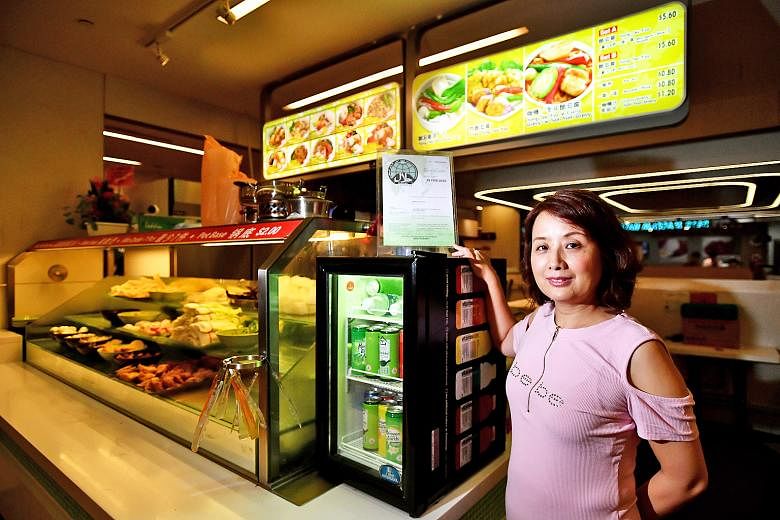The reach of social media was once lauded for facilitating prominent social movements such as the Arab Spring uprisings against oppression, that spread across North Africa and the Middle East in late 2010. Now, it has been identified as a key medium for spreading lies.
Seven in 10 of 28,122 social media and messaging app users from 11 emerging economies surveyed last year by the Pew Research Centre reported being regularly exposed to blatantly false information online.
Already a subscriber? Log in
Read the full story and more at $9.90/month
Get exclusive reports and insights with more than 500 subscriber-only articles every month
ST One Digital
$9.90/month
No contract
ST app access on 1 mobile device
Unlock these benefits
All subscriber-only content on ST app and straitstimes.com
Easy access any time via ST app on 1 mobile device
E-paper with 2-week archive so you won't miss out on content that matters to you

